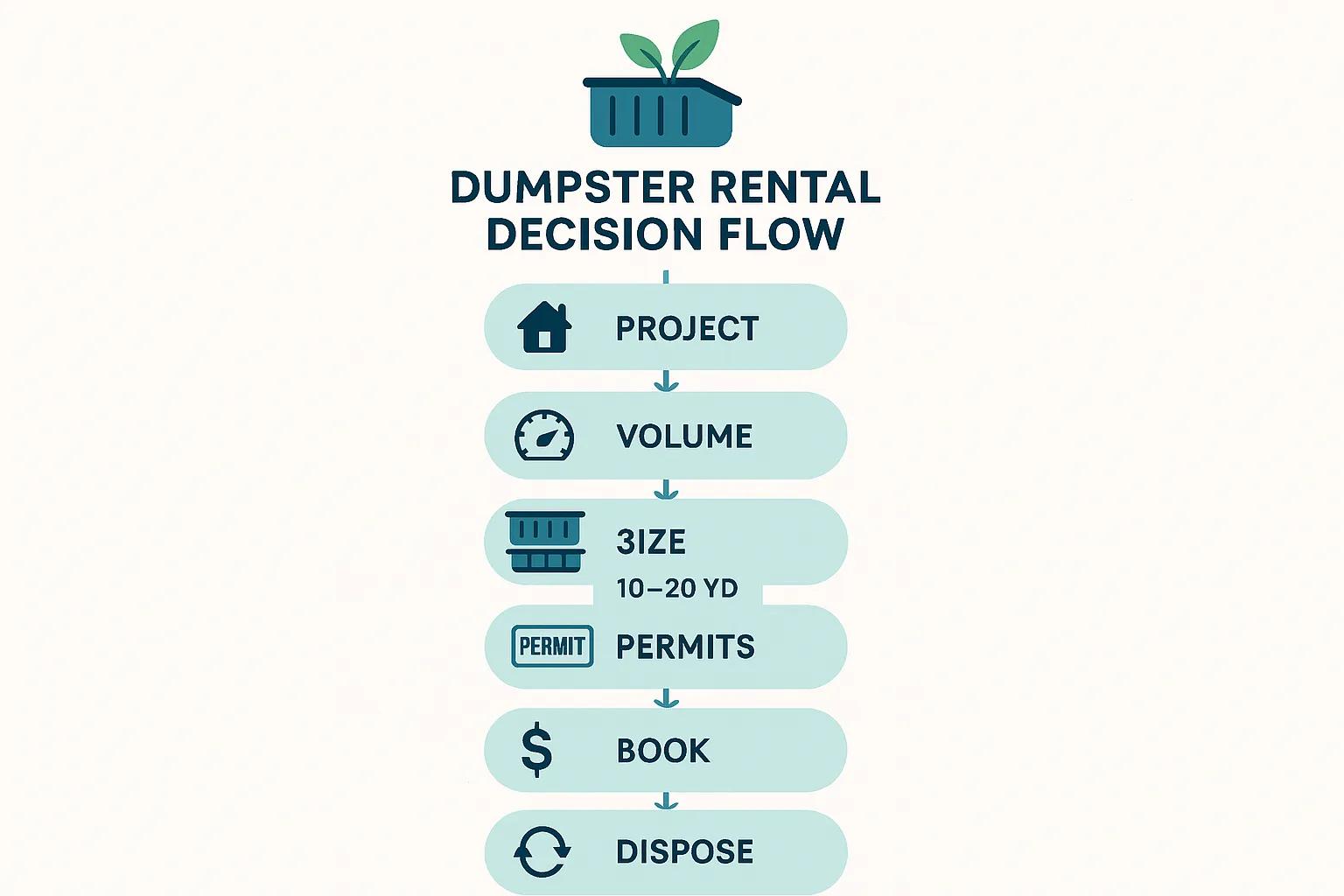
Introduction to Recycling Timber
Timber has been one of humanity’s most essential building materials for centuries. But with the rapid pace of urbanization and deforestation, the demand for fresh wood continues to rise. Here’s where recycling timber plays a game-changing role. By giving old wood a new life, we conserve forests, reduce waste, and support a greener economy.
In this guide, we’ll explore what timber recycling is, its environmental and economic benefits, the methods used, real-world applications, and the future of sustainable wood use.
What is Recycling Timber?
Definition and Core Concept
Recycling timber refers to the process of recovering, reprocessing, and reusing wood from various waste streams, such as construction debris, old furniture, pallets, and industrial packaging.
Instead of ending up in landfills, timber can be refurbished, reshaped, or repurposed into new products—extending its lifecycle and reducing demand for virgin wood.
Importance in a Circular Economy
In a circular economy, resources are used more efficiently, and recycling timber perfectly aligns with this model. Instead of a “take, use, dispose” approach, wood recycling promotes “recover, reuse, renew.”
Environmental Benefits of Recycling Timber
Reducing Landfill Waste
Wood waste makes up a huge portion of global construction and demolition debris. Recycling timber reduces this burden, saving valuable landfill space.
Cutting Down Carbon Emissions
When timber decomposes in landfills, it releases methane—a potent greenhouse gas. By recycling wood, we not only store carbon within the timber itself but also cut emissions from logging and transportation.
Conserving Forest Resources
Every piece of recycled timber means fewer trees cut down. This helps preserve biodiversity, protects habitats, and supports global reforestation goals.
Economic Advantages of Recycling Timber
Cost Savings in Construction
Builders and homeowners can save significantly by using reclaimed wood. Since recycled timber is often cheaper than virgin wood, it reduces overall construction costs.
Job Creation and Local Economy Support
Timber recycling encourages small businesses, carpentry workshops, and recycling plants, generating new jobs while boosting local economies.
Common Sources of Recyclable Timber
-
Construction and Demolition Waste: Beams, planks, and flooring materials.
-
Old Furniture and Flooring: Desks, cabinets, parquet flooring.
-
Industrial Packaging and Pallets: Crates, shipping pallets, and warehouse wood waste.
Methods of Recycling Timber
Reusing Lumber Directly
Clean wood can be directly reused for flooring, paneling, or furniture.
Reprocessing into Engineered Wood Products
Damaged wood can be turned into particle board, MDF, or plywood, extending its lifecycle.
Energy Recovery from Waste Timber
Low-quality wood unsuitable for reuse can be converted into biomass fuel for energy production.
Innovative Uses of Recycled Timber
-
Interior Design and Furniture: Trendy rustic dining tables, reclaimed wood shelves, and vintage flooring.
-
Landscaping and Outdoor Projects: Garden decking, fences, and benches.
-
Sustainable Architecture: Eco-homes built with recycled beams and planks.
Challenges in Timber Recycling
-
Contamination and Treatment Issues: Painted or chemically treated wood may not be recyclable.
-
Lack of Infrastructure: Not all regions have timber recycling facilities.
-
Market Demand Challenges: Consumer preference for “new” wood still dominates.
Case Studies: Successful Timber Recycling Projects
-
Urban Construction Projects: Cities like London and Amsterdam are integrating reclaimed wood in public housing.
-
Furniture Industry Adaptations: Brands now offer stylish furniture collections crafted from 100% recycled wood.
The Future of Recycling Timber
-
AI and Technology in Recycling: Smart sorting systems can automatically identify and separate recyclable wood.
-
Policy and Global Regulations: Governments are introducing stricter laws encouraging timber reuse.
FAQs on Recycling Timber
1. Can all types of wood be recycled?
Not all. Chemically treated, painted, or contaminated wood is harder to recycle.
2. Is recycled timber as strong as new timber?
Yes, when properly treated, reclaimed wood can be just as durable.
3. What can I make from recycled timber at home?
Shelves, tables, planters, benches, and DIY décor projects.
4. How is recycled timber priced compared to new wood?
It’s usually more affordable, especially in bulk.
5. Does timber recycling really reduce carbon emissions?
Absolutely—by preventing landfill methane emissions and reducing deforestation.
6. Where can I recycle timber locally?
Check with local recycling centers, construction companies, or community reuse projects.
Conclusion: The Path to Sustainable Wood Use
Recycling timber is more than just a green initiative—it’s an economic, environmental, and social necessity. From reducing waste to supporting sustainable design, reclaimed wood has the power to transform industries and everyday living.
If adopted globally, timber recycling could play a vital role in fighting climate change and preserving our forests for generations to come.



